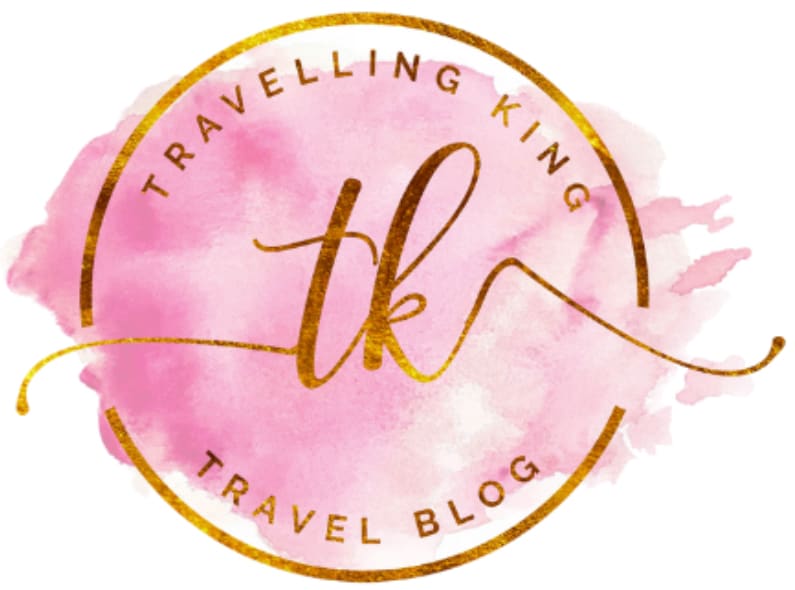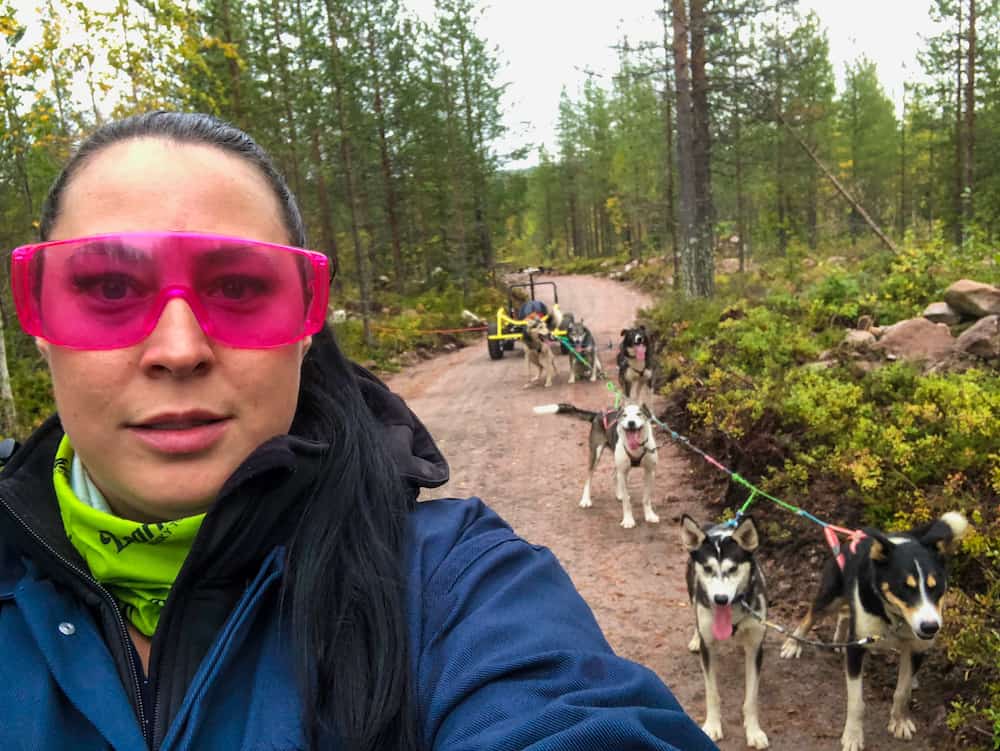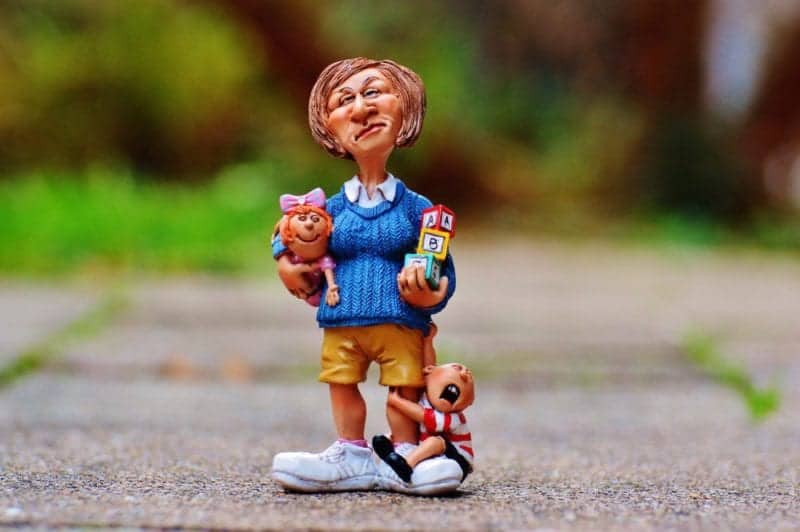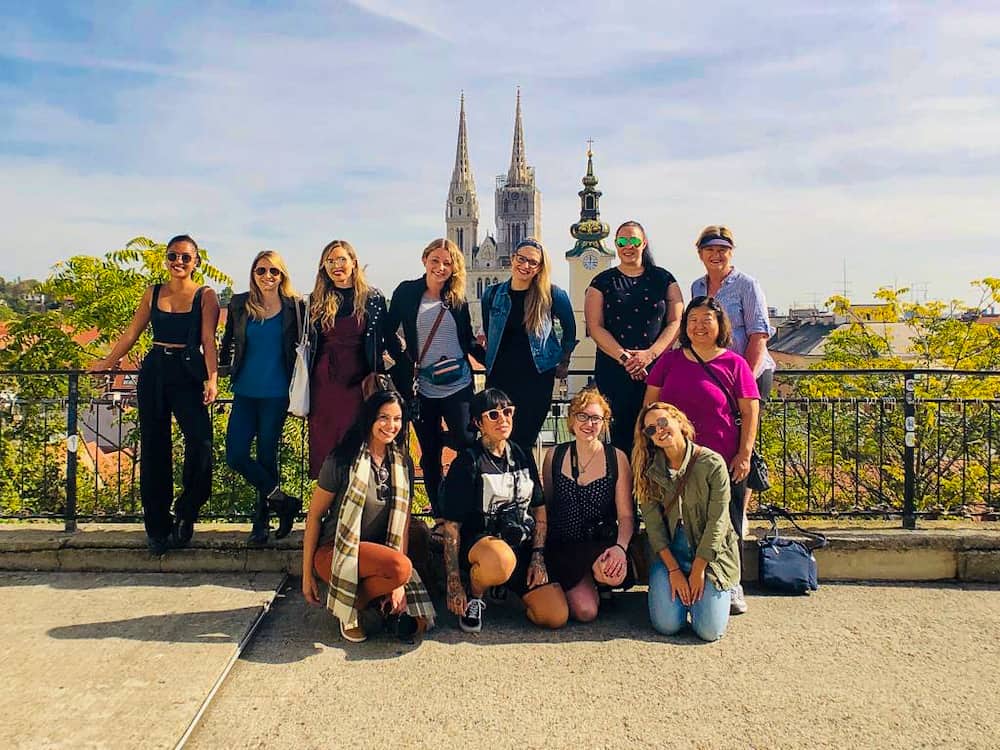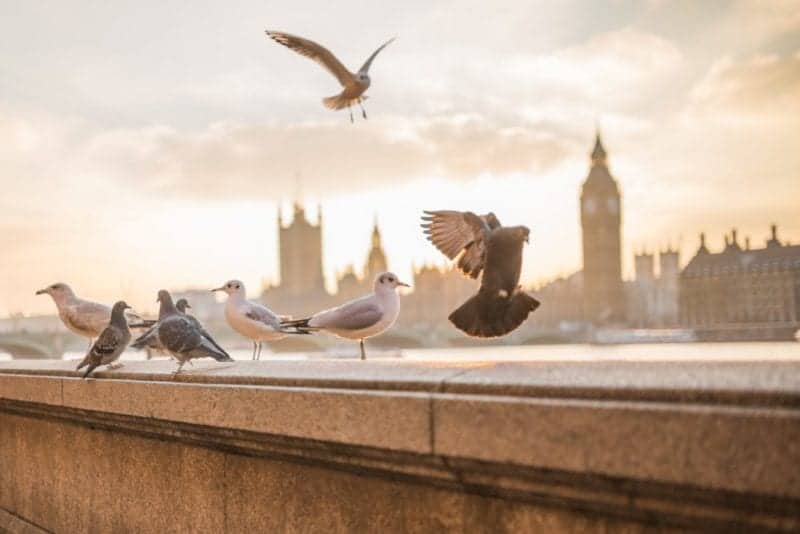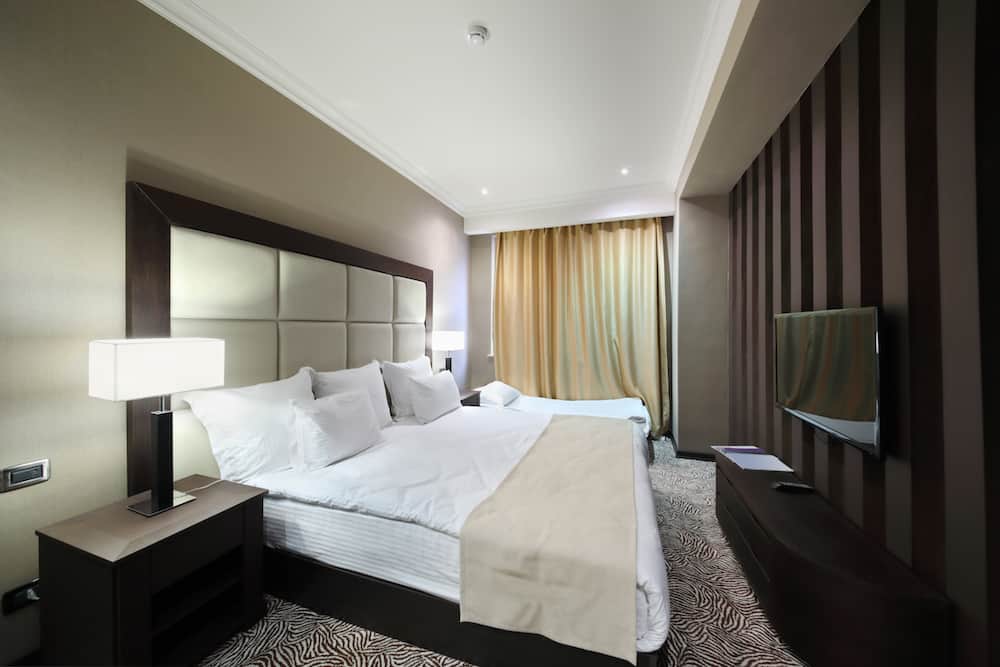Solo Travel Safety Tips
Travelling to different parts of the world is a fulfilling and exciting way of life. One of the best ways to get the whole experience we all deserve.
Not only do you learn about different countries, understand their culture, meet new people and take in their way of life, but you learn a lot about yourself, what you can handle, what you like and what you don’t.
Many of us have grown up travelling with our parents and other family members, learning to love visiting different places or returning to ones we have already been to. Do you know the various solo travel safety tips we should all remember when venturing into the big wide world with no one by our side?
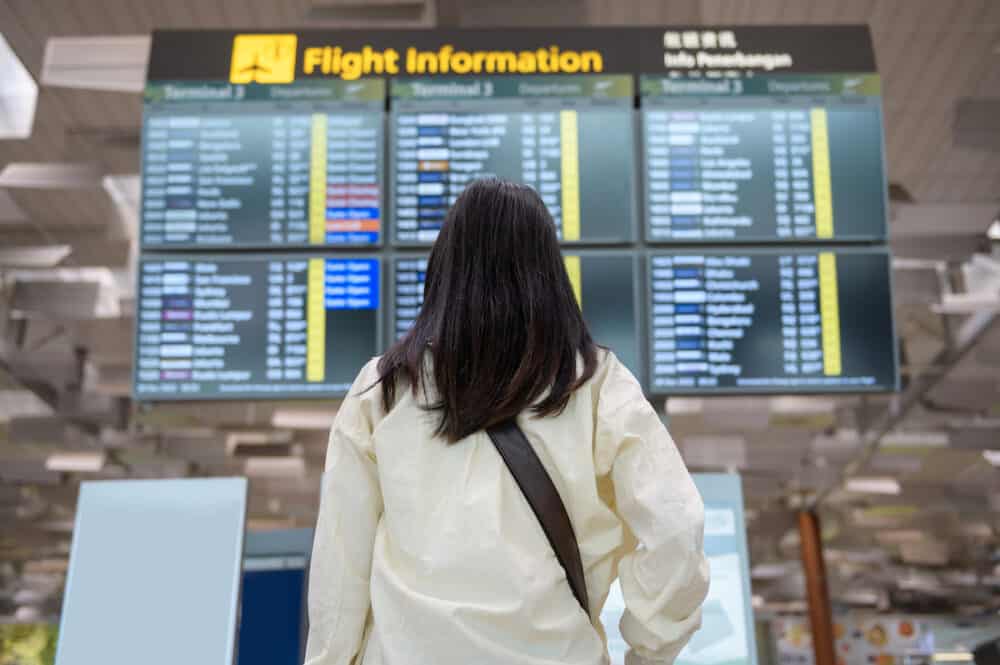
Travelling by yourself is important. It is not necessary for everyone, but those passionate about travel should understand that doing it solo is the most rewarding. It forces you to step out of your comfort zone and rely on yourself.
You’ll develop problem-solving skills, adaptability, and self-confidence as you navigate new environments. It provides an opportunity for introspection and self-discovery, allowing you to connect with your thoughts, aspirations, and desires in a way that’s often difficult in your daily routine.
You can create your itinerary and decide based solely on your interests and preferences. You’re not tied to anyone else’s schedule or desires but your own. Travelling alone actually builds your confidence! Successfully navigating new destinations by yourself can significantly boost your self-esteem and sense of accomplishment.
The challenges you overcome can translate to greater confidence in other aspects of your life. If you have concerns about being alone or travelling, solo travel can help you confront and conquer those fears.
It allows you to reflect on your life, goals and clarify what truly matters. Ultimately, it truly teaches us to enjoy our company and be comfortable alone, an excellent opportunity to cultivate self-care and self-love.
While solo travel offers numerous benefits, it’s essential to acknowledge that being alone means you need to be more aware of your surroundings. Assessing your comfort level and safety concerns before embarking on a solo journey is necessary.
Staying safe helps prevent accidents, injuries, and health-related issues. Travelling to unfamiliar places can expose you to new environments, weather conditions, and possible health risks. It can also make you more vulnerable to theft, scams, and serious offences.
You won’t have someone else to rely on in emergencies, and being prepared for unexpected situations can make a crucial difference in your ability to handle them effectively.
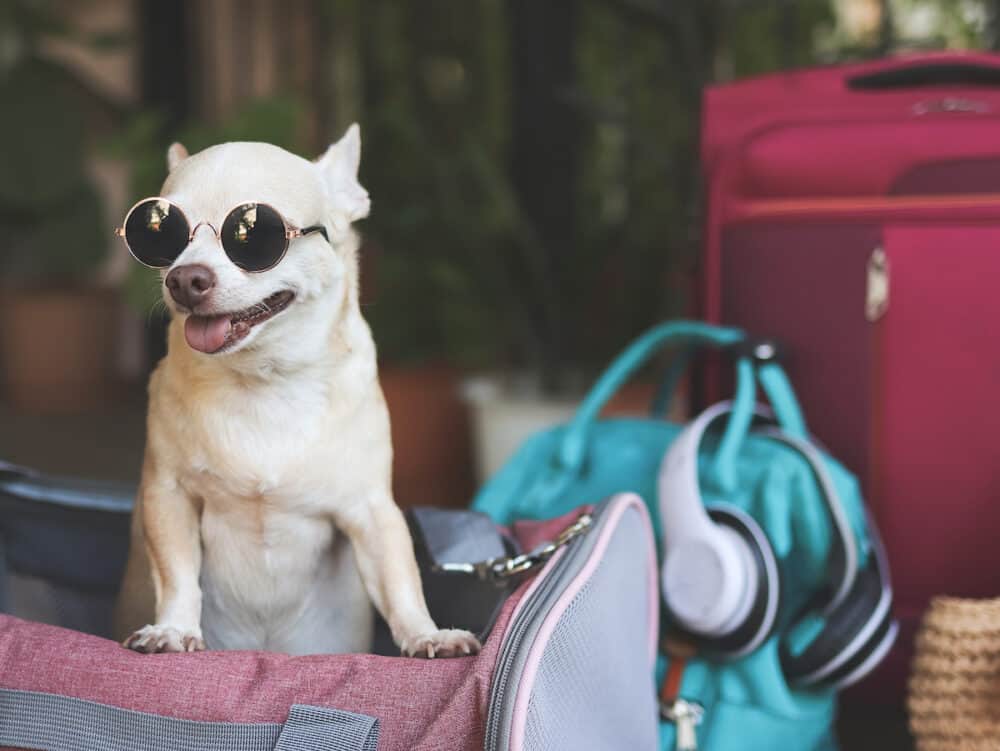
Following safety guidelines minimizes risks associated with travel by allowing you to focus on enjoying your journey without unnecessary stress or worry. Knowing that you’ve taken steps to ensure your safety gives you peace of mind.
This mental comfort allows you to fully immerse yourself in your travel experiences and contributes to positive memories. Feeling safe empowers you to explore and enjoy your surroundings.
Respecting local customs and safety guidelines demonstrates cultural sensitivity, whilst positive interactions with locals can reduce the risk of unintentionally offending anyone.
Remember that while embracing adventure and stepping out of your comfort zone is essential to solo travel, it should never come at the expense of your safety.
With careful planning, research, and vigilance, you can create a rewarding and safe solo travel experience that enriches your life without unnecessary risks. Below are 20 Safety tips for anyone travelling by themselves:
Plan your trip?
Avoid hidden fees in the exchange rate while withdrawing from millions of ATMs abroad, paying in restaurants and shops, and buying your accommodation and flights using the Wise Card. You can hold up to 40+ currencies at once to spend in in over 150 countries, and convert them in real time with the free Wise app.
Need help planning your trip from start to finish? Check out these helpful links:
- Cheap flights
- Savings on accommodation from hostels to luxury hotels
- Affordable car rental options
- Affordable sightseeing tours and day trips
- Travel Adapter – All in one so you don’t have to carry a bunch around
- Don’t be silly and forget Travel Insurance! Get hurt and you’ll regret it…
This post contains some affiliate links for your convenience. Click here to read my full disclosure policy. You can also read our content/editorial policy here.
Safety tip #1: Research your Destination
Researching a destination for safety reasons empowers you to make informed decisions contributing to a smoother, more enjoyable, and safer travel experience.
It allows you to strike a balance between adventure and caution, ensuring you can fully appreciate the wonders of your destination while minimizing potential risks.
Knowing which areas are unsafe helps you avoid them and your choice of accommodation. Understanding local customs and laws from different cultures gives you a better understanding of respectful and appropriate behaviour.
Researching health-related concerns like vaccinations, prevalent diseases, and potential food or water hazards helps you prepare and take precautions to protect your health. Looking up local climates assists you in choosing what to wear, especially if specific areas are prone to natural disasters or challenging weather.
Learning about cultural norms, etiquette, and sensitivities helps you engage with locals respectfully and positively. Figuring out transportation options, including safe modes of travel and reputable companies.
Knowing the location of hospitals, clinics, and emergency services ensures you quicker support if needed. Learning a few basic phrases in the local language can help you communicate effectively and seek assistance.
Find out what the local emergency contacts are and save them. Online forums and communities will help you connect with other travellers who can share firsthand experiences and safety tips.
The US offers citizens and nationals a Smart Traveler Enrollment Program that provides information about your destination before you leave. It is also recommended to do your own research, but their safety updates will keep you informed.
This traveller enrollment program allows you to enter information about your trips abroad through their embassies and consulates which can better assist you and others in an emergency – it’s mainly for US citizens, however, most countries have their own system set up.

Safety tip #2: Sharing your Itinerary
Sharing your travel itinerary with friends or family before you go off by yourself is a crucial safety measure. In any emergency, your loved ones will know where you are and how to reach you if anything unexpected happens.
It creates a sense of accountability if you don’t check in or respond as expected. If something goes wrong, such as missing a connecting flight or encountering unexpected travel disruptions, your contacts can assist you with rebooking or finding alternatives.
Your contacts could provide guidance or share your location with local authorities to help you find your way if necessary. Regular check-ins with your contacts can be established as a routine. If you miss a check-in, your contacts will be alerted to potential issues.
Providing details such as flight information, accommodation addresses, and local contact numbers enables others to assist you more effectively. Knowing your whereabouts and plans can lessen the worry for your friends and family, especially if they’re concerned about your safety.
Suppose you encounter challenges like language barriers or cultural differences. In that case, they can help coordinate assistance or provide advice based on their experiences.
If you lose your phone or important documents, sharing your itinerary can help facilitate communication with local authorities. Knowing that your loved ones are informed about your travels can give you a sense of security and comfort while exploring new territories.
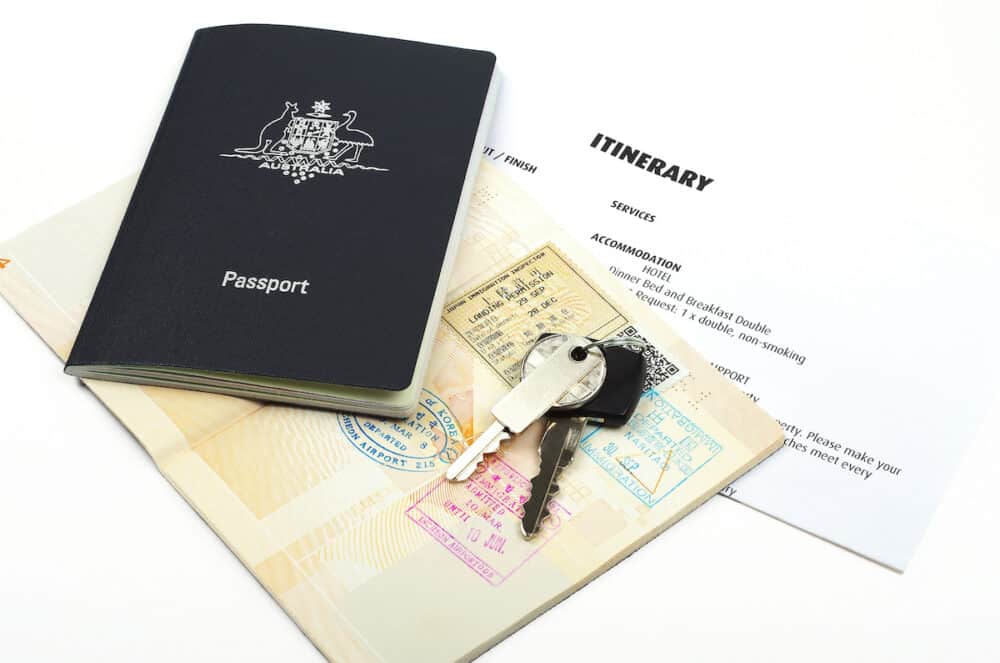
Safety tip #3: Stay in Safe Areas
Staying in safe areas while travelling alone is crucial for your safety and well-being. Exploring a destination’s diverse neighbourhoods and local scenes can lead to enriching experiences.
However, always prioritize your safety and research the areas you plan to visit to ensure they align with your well-being.
Safe areas are less likely to have high crime rates or incidents of theft, assault, or other criminal activities. They often have better security measures, such as well-lit streets, security personnel, and surveillance cameras.
These areas reduce your vulnerability; you’re less likely to encounter situations that make you feel uncomfortable or less secure. Knowing you’re in a safe place helps you relax and enjoy your trip without constantly worrying about your surroundings.
They usually offer a range of reputable accommodation options and easy access to essential services like medical facilities, pharmacies, convenience stores, and public transportation hubs.
These areas are often well-maintained and well-signposted, making navigation and exploration easier, helping you feel more confident and less likely to get lost.
You will likely find locals and service providers who can communicate in English or other widely spoken languages, making interactions and getting assistance easier.
Feeling secure in your surroundings helps you to fully enjoy your travel experience, try new activities, and explore without unnecessary concerns.
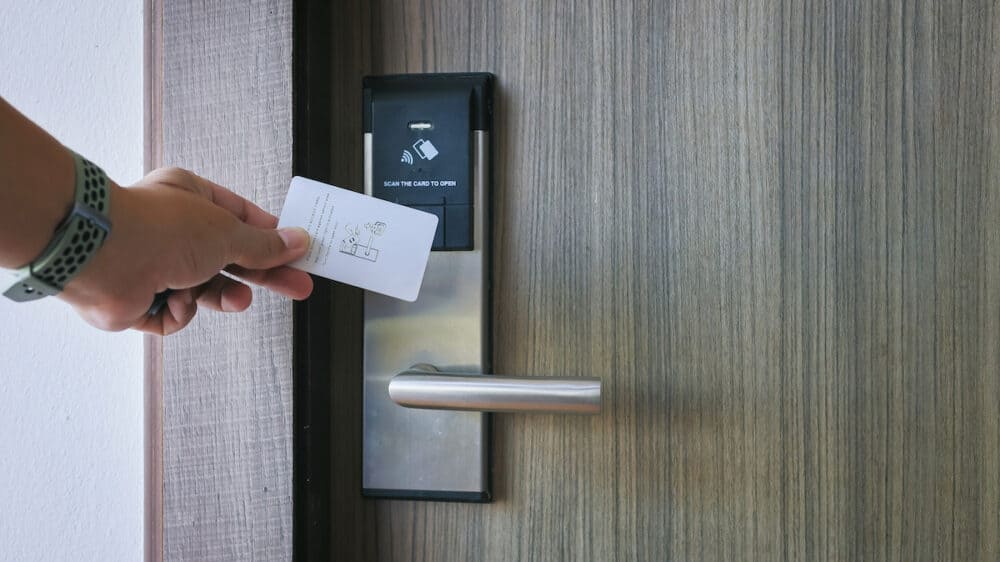
Safety tip #4: Stay Connected
The dangers of travelling alone are there, and we must back ourselves up in any emergency or unfortunate circumstance.
When arriving in a new place, your research should entail at least some information about the area’s service provider. If you need a new sim card, you can get it at the airport or any nearby shops. Loading it up with airtime and data allows you to research the online world for anything at any time, anywhere, without wifi.
Although most coffee shops, bars and restaurants offer free wifi. Having data on your phone helps you with any language barriers you will most likely come across (Thank you, Google Translate), and any new place requires a map to help you navigate.
Ensure your phone and other devices are fully charged before heading out. You can maintain this by bringing cables and portable charges with you.
You will feel much safer knowing your phone is charged in emergencies. It also offers immediate access to reaching out if you encounter unexpected challenges or language issues.
Safety tip #5: Emergency Contacts
Still, how to travel solo safely? Another big one on this list is identifying and saving any or all emergency contacts related to your area. Knowing the right people to call during your travels to specific places is essential for your safety and well-being.
Local numbers are among the most important to familiarize yourself with; these include the local police, ambulance, and fire department. Know the location and contact information of your country’s embassy or consulate in the destination.
Be aware of nearby hospitals, clinics, and medical centres in case of illness, injury, or any medical emergency. Have the contact information of your travel insurance provider readily available. They can guide you through seeking medical care, filing claims, and receiving assistance in case of travel disruptions.
Some destinations offer tourist helplines or information hotlines that can provide assistance with general inquiries and emergencies related to tourism. If you’re using public transportation, knowing the contacts for the local transportation services can be helpful in case of delays, accidents, or disruptions.
If you have local friends, hosts, or acquaintances, ensure you have their contact information in case you need assistance or advice. If you organized a different sim card, send any new numbers to your family or friends back home.
Share your travel itinerary and contact details for the places you’ll stay. This way, they can help if they can’t reach you or become concerned about your well-being.
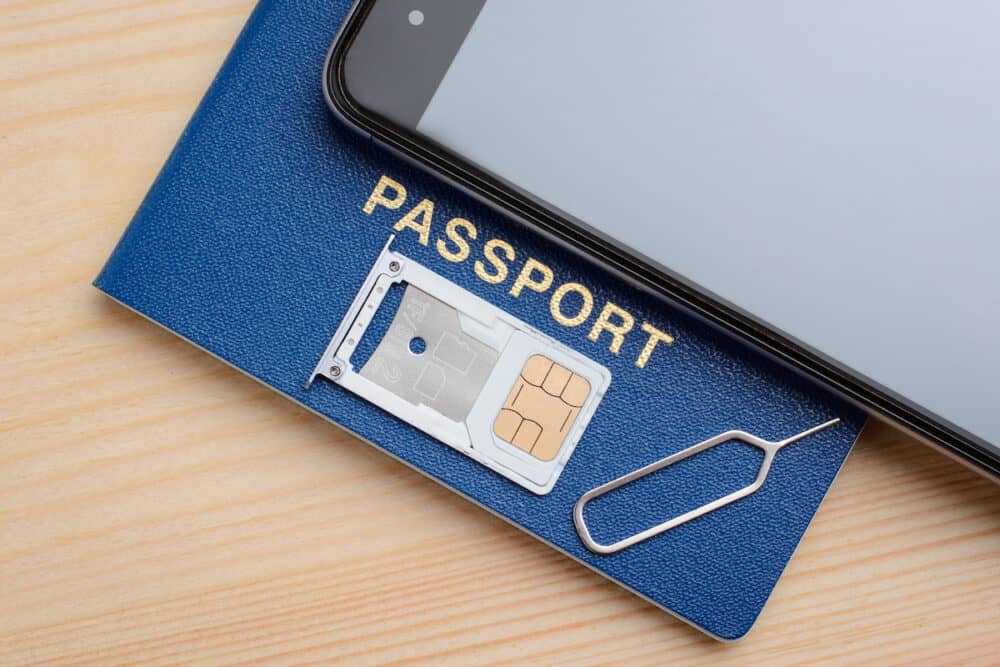
Safety tip #6: Travel Insurance
Investing in travel insurance before travelling solo is a wise decision that provides financial protection and peace of mind.
Travel insurance covers medical expenses if you fall ill or get injured while travelling. This includes hospitalization, doctor’s fees, medication, and emergency medical evacuation.
Unforeseen circumstances such as illness, family emergencies, or natural disasters can force you to cancel or cut short your trip. Travel insurance reimburses you for non-refundable expenses and helps you recover the costs.
Travel insurance covers replacing essential items if your luggage is lost, stolen, or delayed by the airline. Suppose your flight is delayed for a certain period. In that case, it covers additional expenses such as accommodation, meals, and transportation until you can continue your journey.
All costs are covered in severe emergencies, whether due to a medical condition or other dangerous situations. Suppose you accidentally cause property damage or injure someone during your trip.
In that case, travel insurance can cover your legal expenses and any compensation required. Their policies are often customizable, allowing you to choose coverage options that suit your needs and concerns.
When purchasing travel insurance, carefully read the policy terms and understand its coverage. Different policies have varying levels of coverage, exclusions, and conditions, so choose one that aligns with your travel plans and provides the level of protection you’re comfortable with.
Safety tip #7: Use Reputable Transportation
When travelling alone or with a company, you can either travel to a destination privately or use local public transportation to go anywhere. As fun and fabulous as it is to travel by yourself since you are alone, you need to be extra careful and vigilant.
Before going anywhere:
- Do some research on the possible options for transport and look into reviews, updates and maps.
- Keep an eye open for well-lit exit and entry points and know where security is regarding train stations and airports.
- Avoid hanging about in crowded places, especially outside bus stops and train stations.
These areas are a hub for low-key criminals and pick-pocketers. Make sure your bags are next to you, on you, closed shut, or at least in a place where you can see them. If you are nervous about using public transport in a new place, sit in the aisle seat and close to the driver.
When ordering taxis and cabs, make sure they are a reputable company popular with others in the area or recommended by your hotel and travel agent. Never use unmetered taxis, and be sure to take down the number plate.
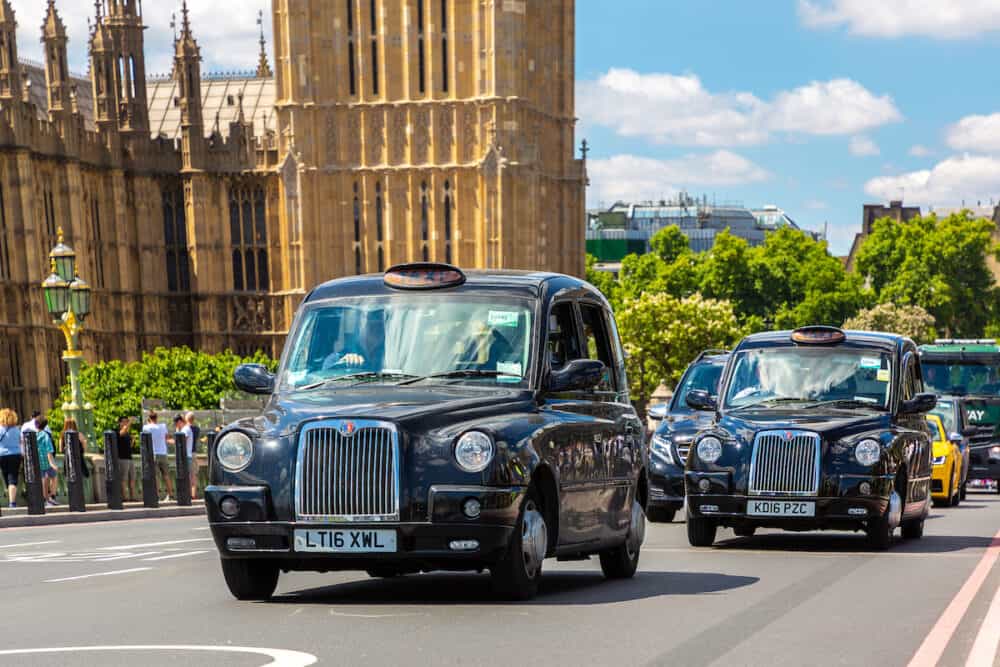
Safety tip #8: Avoid Night Travel
Avoid arriving at a destination you’re unfamiliar with at night. It can be hard to find your bearings if you are arriving in a dimly lit street, subway or train station. Flying can leave you a little uncertain when you’ve just landed.
You walk out of the safe airport to figure out how to get to your hotel, but it’s dark outside, and you’re in a new place you’ve never been before. So make sure you have a plan to get where you are going safely.
Safety tip #9: Blend In
Is solo travel safe? Yes, but anyone can end up in unfortunate circumstances or situations. One of the best ways to not have a target on your back for suspicious people in the area is simply blending in.
Leave your fancy jewellery in a secure place at home and explore the neighbourhood like a regular citizen. People with criminal intent are less likely to be interested in you if you look like everyone else.
Blending in can help you fit more into the culture. You can avoid drawing unnecessary and unwanted attention by dressing modestly and following local customs.
Safety tip #10: Avoid Flashy Items
Like mentioned above, one of the best ways to avoid any problems whilst exploring this new destination is by removing anything you’re wearing of value that could attract the attention of others.
Minimize using expensive jewellery, fancy watches and flashy bags that could attract potential thieves.
If you plan on exploring the streets, refrain from even wearing expensive and bold clothing that may cause people to view you as someone with wealth. (Even if you are, you don’t want to attract the wrong attention.)

Safety tip #11: Stay Aware
Whether you are travelling alone or with others, one of the biggest safety tips for solo travelers is being aware at all times. You never know what could happen, and getting swept up in the excitement of new places and their surroundings is easy.
Be vigilant and identify the places and objects around you. Notice other people, their actions, and your feelings towards them. Monitor their behaviour, how they act, and why you think they may be like this.
Keep an eye open for entry and exit points. Look out for security and other law enforcement officials, where they stand, and what they do.
Practice prediction methods; this can be difficult but very beneficial. It’s where you predict the possible actions of someone or a situation before it happens, allowing you to make the necessary changes for yourself or others.
Stay alert helps you avoid unfortunate circumstances, especially in crowded public hotspots like train stations, bus stops and entertainment areas.
Safety tip #12: Trust Your Instincts
We have all experienced those moments when something doesn’t feel right, and the small voice inside our heads reaches out to tell us so.
The uncomfortable feeling in your chest warns you because that reaction indicates understanding how things should be. Out of all the travel safety tips mentioned, this particular one is important because, more so than usual, our gut instinct is correct.
If you are facing a situation where you feel this, trust your instincts and remove yourself.
Safety tip #13: Keep Valuable Items Secure
During your travels, whether arriving at a destination or preparing to explore the streets, you should ensure your valuables are secure and safe at all times. As mentioned previously, learn the art of travelling smart!
We all have our fashion preferences, but when it comes to looking after important items like phones, wallets, watches and essential documents – hip bags, secret pouches, and anti-theft bags are good choices for wandering fingers that may find you while exploring the area.
Please don’t leave your bags anywhere; always have them on you, and keep an eye open for suspicious-looking people around you.

Safety tip #14: Backup your Documents
Things happen when you travel, and sometimes the best thing we can do is accept it, move on and learn from whatever situation you went through.
Many of us have had those moments when an ATM suddenly eats your credit card, or you left your passport in the safe at the hotel. As heart-thumping as those experiences are, there are ways to improve a situation, and it’s as easy as making copies of all your documents before you leave.
Back up any travel-related documents that include; passports, visas, vaccine books, driver’s licenses and identification cards. Other documents like birth certificates, travel insurance and itineraries are worth copying.
Even tickets and passes for activities, transport and events should be replicated because you never know what may happen or what situation you might find yourself in.
This may seem excessive, but it is highly recommended to have copies in your carry-on and checked luggage in case they go missing during your trip. This extra bit of effort can help you in various situations. Lose the original?
You’ve got copies to get new ones. Lose a bag? The airline now has extra identification to prove it’s yours. It’s a small effort to make before you go anywhere, and out of all the safety tips when travelling alone, this one is definitely on top.
Safety tip #15: Avoid Over-sharing
Travelling alone safely all the time can be difficult occasionally, especially if it’s your first time doing it solo or even if you’re new to travelling in the first place. A factor that many make the mistake of is oversharing.
Meeting people and making friends is definite, and explaining who you are will obviously happen, but try your best not to overshare. These people are new to you; you need to learn their backstory, and getting swept away in the excitement of new places and people is effortless.
Sometimes we just can’t read other people’s intentions. It’s not that you should assume the worst, but stay on the side of caution and take the time to get to know someone first before you start explaining exactly where your home is, which hotel you’re staying at and how long you will be around.
Another overshare to look out for is social media. Be wary about sharing your travel plans on social media; you could alert potential wrongdoers about your whereabouts and future plans, making you an easy target.
Safety tip #16: Watch Out for Local Scams
While most people you encounter during your travels are genuine and helpful, it’s essential to be aware of potential scams in various destinations.
Common local scams to be cautious of while travelling alone include fake tour guides; they pressure you into taking the tour and then demand an exorbitant fee afterwards. Distraction thieves, these scammers work in groups.
Whilst one distracts you, the other steals your bag. Fake police officers are people posing as government officials, making up counterfeit offences and then demanding a fee.
Overcharging taxis is a popular scam, and you can avoid these by using metered taxi services. Keep an eye open for ATM skimming; scammers install devices that steal information from your debit and credit cards.
Some others include unofficial currency exchange shops, flower or bracelet scams, fake charity requests, rental scams and closed attractions. Be wary and stay vigilant!

Safety tip #17: Learn Basic Phrases
Learning basic phrases before a solo travel trip can significantly enhance your safety and overall experience throughout your visit.
Communicating in emergencies or during crisis-related situations can save you from misunderstandings, avoid unintended offences and help inform officials.
It will assist you in negotiating prices and deals, help you gain local insight and boost your confidence in knowing how to communicate with everyone around you.
It doesn’t require fluency, but it can make a significant difference. It shows respect for the local culture, builds bridges with locals, and can be a valuable tool in various situations, including safety and well-being.
Safety tip #18: Avoid Getting Drunk
Some of us know how to have a good time and let loose, but when travelling alone, there is a better and safer way forward. You will meet many people throughout your trip and find various opportunities to go out, have fun and drink with everyone else.
Still, if something happens, you’re usually on your own. At the end of the day, you don’t know these people, and if you find yourself in an emergency, you can’t rely on strangers you met at the bar the other night. Enjoy a couple of drinks, consume water in between and appreciate the social experience but avoid getting drunk.
Alcohol impairs your judgment and decision-making abilities. When travelling alone, you need to be able to make sound choices to ensure your safety and navigate unfamiliar environments. Being drunk can make you vulnerable to various risks, including theft, scams, and even physical harm.
Criminals might target individuals who appear intoxicated and less alert. Consumption can lead to disorientation, making it easy to get lost or unable to find your way back to your accommodation. It impairs coordination, increasing the risk of accidents, falls, or injuries, especially in unfamiliar surroundings.
Other reasons include overspending. Bars and clubs often charge higher prices for drinks, and spending more than planned could affect your budget. In some cultures, excessive drinking is frowned upon or considered disrespectful, and it’s essential to respect local customs and norms.
Being visibly drunk might attract unwanted attention, making you a target for unwanted advances or scams. Being hungover or recovering from excessive drinking can lead to missed opportunities for exploration, activities, and enjoying your destination to the fullest.
While enjoying a drink can be part of your travel experience, moderation is key. If you choose to drink, do so responsibly, know your limits, and be mindful of the local laws and customs regarding alcohol consumption.

Safety tip #19: Use Reliable Apps
In today’s world, thousands of different apps are available to help us during our travels. Whether it’s navigating places, reading up reviews, translating a language, finding friends, sourcing accommodation or looking for updates, an ocean of apps can aid us throughout our journey.
It is up to you to determine which ones fit your personal preferences and which are reliable. A couple of popular apps many like to use include Google Translate; this app helps you translate different languages and allows you to communicate with others.
Google Maps or Waze assists you in navigating to different places, how far the travel time is and which routes you can choose. Wise is an online bank that helps you convert foreign currencies worldwide with low conversion rates.
Booking.com and Airbnb help you source various accommodations for different budgets. Tripit and Roadtrippers help you build the best travel planner that fits you best.
Skyscanner aids you in finding the best flights, and apps like Skype or Whatsapp are low-cost messenger services available worldwide.
Safety tip #20: Stick to Public Areas
This is obvious but important to mention out of all the other safety tips for travelling alone. In unfamiliar places, sticking to public areas and avoiding dodgy-looking streets is a good choice in your effort to stay safe.
Unfortunately, situations are less likely to happen if you are in places with lots of people around. If anything did happen, you at least have others nearby that can help.
Try sticking to well-lit and populated areas when exploring, and avoid deserted streets and alleys, especially at night.
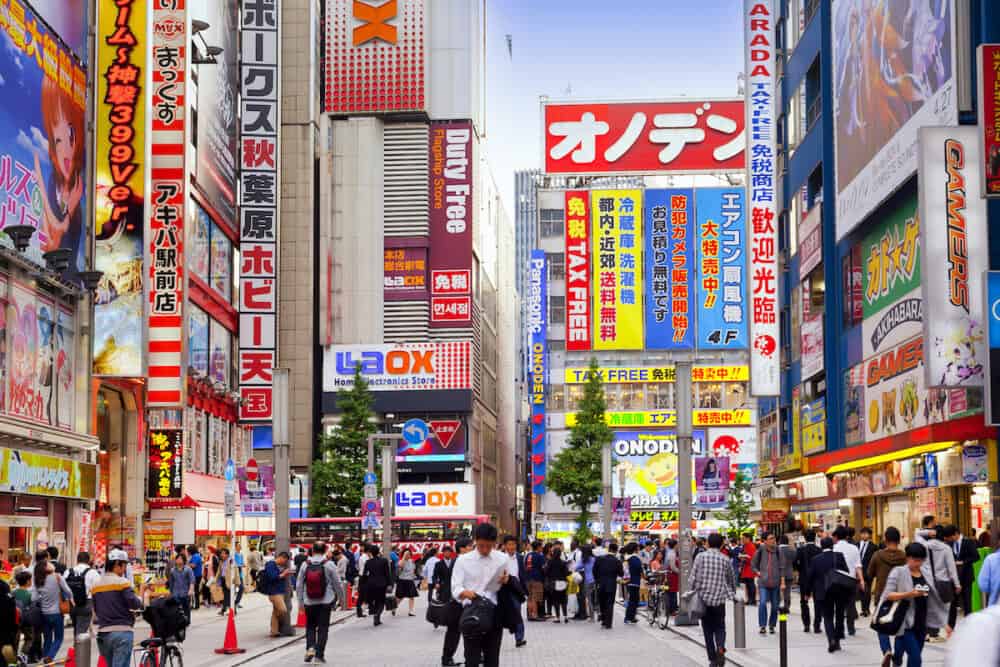
Conclusion
Travelling by yourself can be the best experience you have ever had in your life. It is a journey you take by yourself, for yourself.
You learn so much more independently than with others because you are constantly forced to look out for your safety. Everything you do is for you. It is a beautiful lesson and process that one can take.
With all this being said, a big solo adventure comes with a big responsibility. Understanding what you can do to help yourself before any unfortunate situation happens goes a long way.
The advice above is for everyone, but it also includes great tips for travelling alone as a woman. Everyone’s experience differs, and you may have differing views on Everything mentioned. Still, these guidelines will help you and keep you safe throughout your journey.

